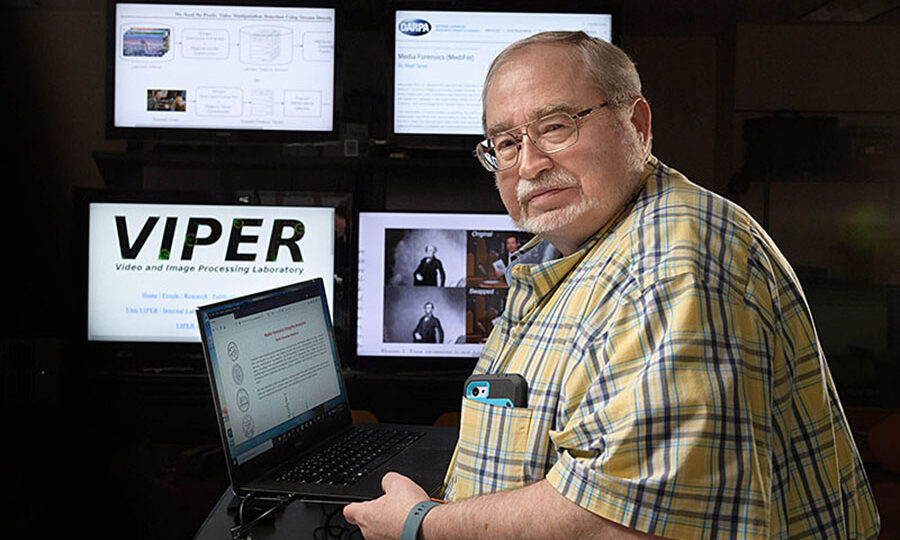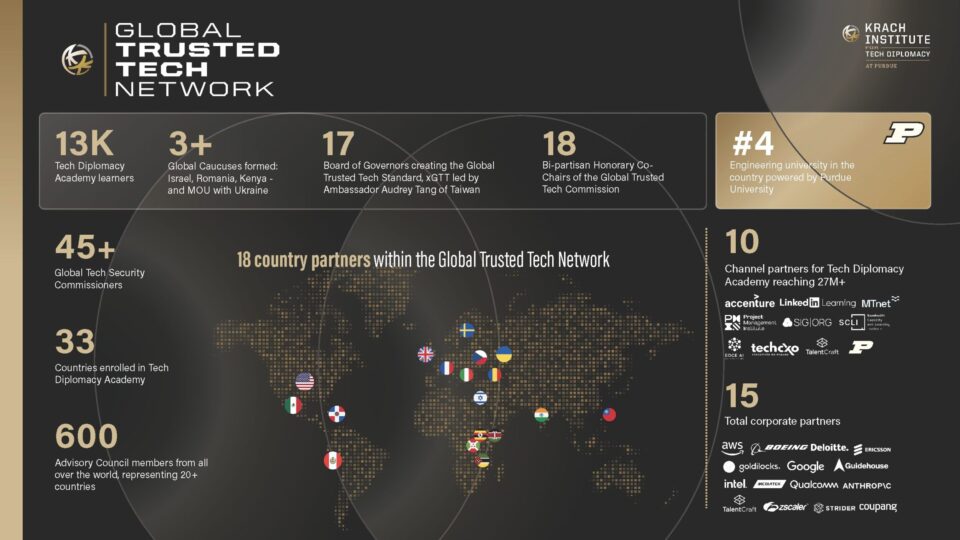Purdue professor leads international team’s research into deepfakes, manipulated media
05.31.21
Ferreting out deepfake videos is the work of Edward Delp, the Charles William Harrison Distinguished Professor of Electrical and Computer Engineering at Purdue University, who is leading one of the teams in the Semantic Forensics program created by the Defense Advanced Research Projects Agency for the U.S. Department of Defense.
Source: Purdue University

Deepfake videos of actor Tom Cruise on Tik Tok can create some confused fans. A deepfake video of a drug company CEO announcing COVID-19 vaccine failures, however, could cause panic.
Ferreting out deepfake videos is the work of Edward Delp, the Charles William Harrison Distinguished Professor of Electrical and Computer Engineering at Purdue University, who is leading one of the teams in the Semantic Forensics program created by the Defense Advanced Research Projects Agency for the U.S. Department of Defense.
The program, which has been ongoing since late last year, is a continuation of Delp’s innovative previous work into tools to detect deepfakes and manipulated media. Only now the research is extending much further to include other video styles and media such as images and documents.
“Not only do we want to be able to detect when a piece of media has been manipulated, but we want to be able to attribute it: Who did it, why did they do it and what was their intent?” said Delp, director of the Video and Imaging Processing Laboratory at Purdue. “It’s called detection, attribution and characterization. We’re trying to solve the whole problem.”

